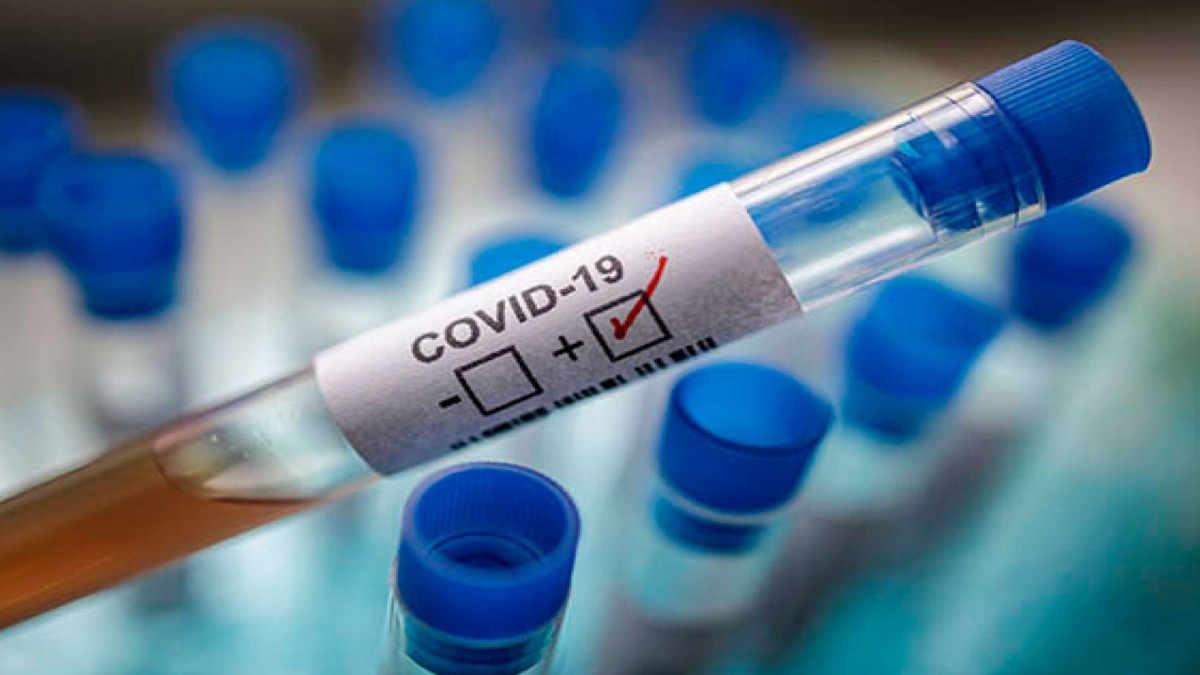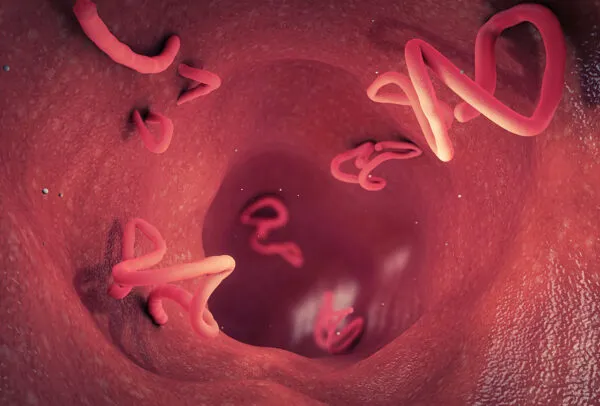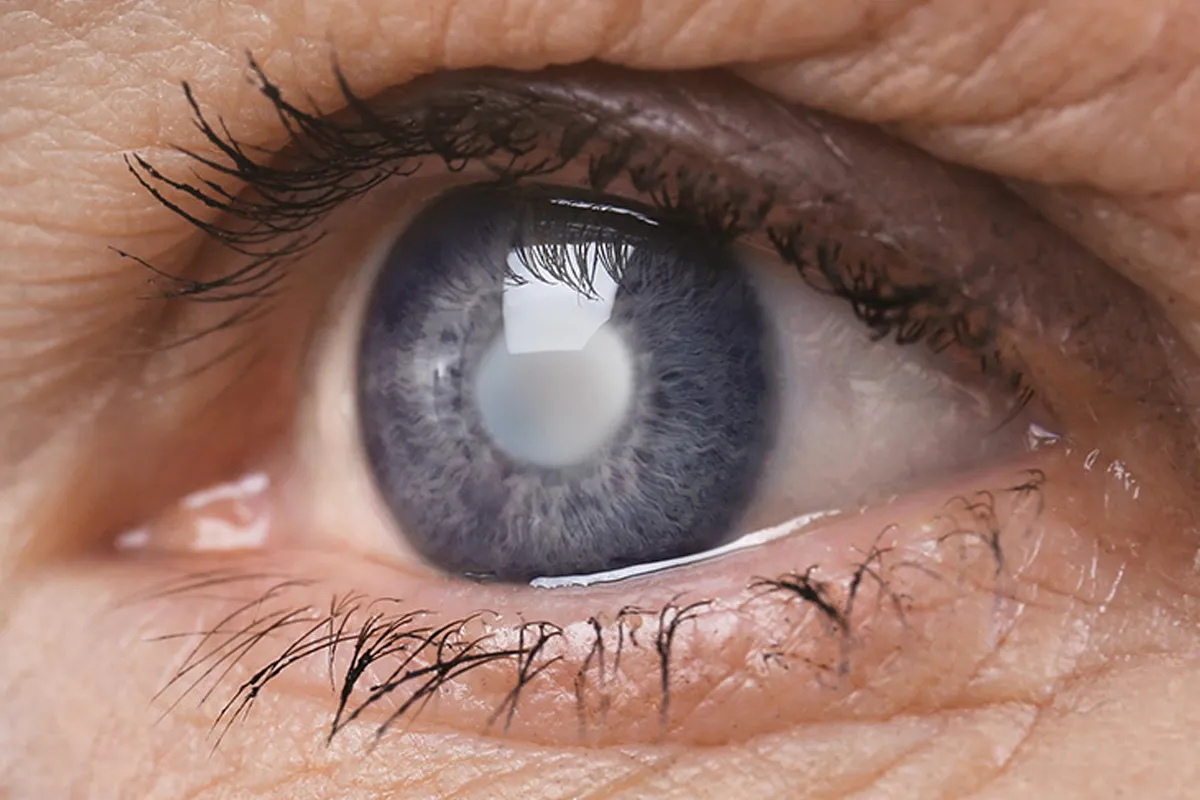The Coronavirus pandemic has drastically changed every aspect of our lives. While initially regarded as a respiratory virus, the effects of the disease are found to be far wider in the human body. The illness has been associated with a range of disorders damaging the heart, kidneys, circulatory system, etc. Covid also produces an array of wide-ranging and often unpredictable effects on the brain, ranging in severity from confusion, dizziness to loss of smell and taste to life-threatening strokes.
Younger Covid patients in their 30’s and 40’s arepossiblysuffering life-changing neurological issues due to strokes.Increasing evidence suggests COVID-19 patients may present with unexpected neurological symptoms, such as headache, nausea, anosmia, ageusia, myalgia/fatigue, confusion, disorientation, and vomiting beside the classical symptoms of a respiratory virus.
AFFECTED BRAINS: Neurologic complications are more common in hospitalized Covid patients with more than 80 percent of hospitalized patients presenting some of the neurologic symptoms at some point during their disease course.Stroke, movement disorders, motor, and sensory deficits, and seizures appear common as do some neurologic symptoms such as dysgeusia or anosmia. Critically ill patients are more at risk of neurologic complications from the disease than patients with less severe illness. Despite the decrease in frequency and severity of acute presentations of COVID-19 due to vaccination and social distancing strategies, some patients present persisting neurologic symptoms such as cognitive dysfunction, headache, and numbness.
Researchers suggest that the damage to the brain due to Covid could be multipronged – certain brain cells might be affected directly resulting in reduced blood flow to brain tissue or triggering an immune reaction that can harm brain cells. Immune malfunction is also suspected as one of the reasons for damage to the brain and resulting neurological symptoms in Covid patients. Moreover, scientists warn of long-term Covid effects which could cause an increased burden of psychiatric disorders like depression and PTSD in those recovering from the illness.
In addition to the direct neurological complication of coronavirus infection, patients with pre-existing neurological conditions are at a higher risk of becoming severely ill or of death, or of having long-term complications due to COVID-19. For example, people suffering from dementia are more susceptible to COVID-19 and have higher rates of death fromthe disease.
TAKING CARE OF OUR MENTAL HEALTH: Covid infection not only affects physically but has long-lasting effects on the mental health of individuals. While there is still a lot to learn as the pandemic progresses, the severity of after-effects varies depending upon the individual’s case of COVID-19.
As countries work to control the spread of the disease and all of us make huge changes to our daily routine, there are many things that we can do to look after our own mental health and extend help to others around us who may need extra care and support. The new realities of adapting to lifestyle changes such as working from home, managing the fear of contracting the virus, and worrying about people close to us are challenging for all of us.
To sum it up, finding out the true impact of coronavirus infection on the brain is only a first step. As the disease progresses, neurological and psychiatric impacts of the illness are likely to pose a challenge to clinicians and healthcare systems for many years to come.
The writer is Consultant- Neurologist, Jupiter Hospital, Pune























